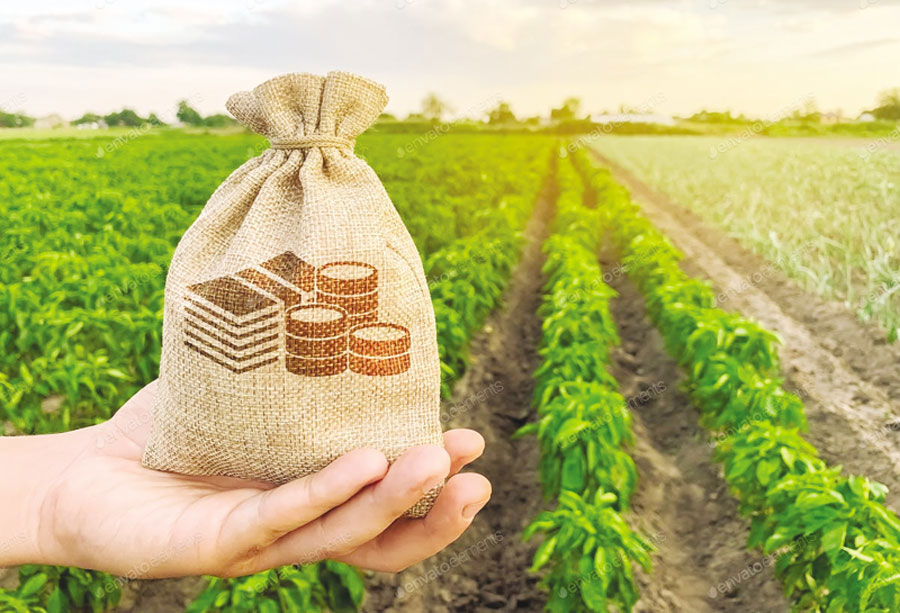
Published :
Updated :

The news that loan disbursement for agriculture has registered a 27 per cent fall is quite concerning. Much as the reason behind the decline in the disbursement of farm loan may be strong, any reversal in agricultural output due to this will only lead to an undesirable food status for the country. Agriculture is one area that has worked wonder thanks to a cumulative effort by both agricultural scientists and an equally appreciable response by farmers to rise up to the challenge. The country now produces about 40 million metric tonnes of rice--- the main staple of the population---a phenomenal increase from 16.8 million in 1995. Although the official figures are suspect, there is no doubt that agriculture has achieved near self-sufficiency in the production of paddy. But it is the diversity in crop production and greater success in other agri-food sector that have made a difference in food and nutrition availability for its people. Its total agricultural output including the major crops, vegetables and fruits now stands at about 72 million tonnes.
So, any assumption that delayed extension of agricultural loan will not affect the cultivation of boro that is yet to begin is misplaced. Many farmers have shifted to commercial farming of cash crops and even exotic fruits because they earn more profit from those than from paddy. Cultivation of vegetables and fruits goes round the year and if they cannot go for early cultivation and harvesting of their crops, their profit declines. This year's prolonged floods have caused an unprecedented farming adversity in many areas. But there are other areas not affected by floods where farmers must not be given any reason to rue over the missed opportunity because of the late disbursement of farm credit. Even in some affected areas where water has receded quickly, the inundation has brought special opportunities for farmers to go about their cultivation of choice crops. They deserve farm loans on a priority basis.
Let it be noted here that compared to crop production, other areas of agri-food sector have, of late, grown at higher rates. Against 2.9 per cent of annual growth of crop, livestock has grown at 3.9 per cent and the fisheries and forestry have surged to more than 5.0 per cent growth a year. The floods that ravaged Sylhet, Noakahli and Cumilla ended up causing irreparable damage to livestock there. Cattle and buffaloes were washed away and farmers had to dispose of their domestically raised chickens and ducks cheaply. Without financial support they cannot piece together their means of livelihoods on top of their annual staple production.
The fact is if the country's farmers survive, the nation also survives. They have so long successfully fed the nation and they must be given financial support including farm loans in order to rebuild their occupation and life. Some industries have received overriding incentive packages which may have served the interests of the more privileged but at the same time contributed to social inequality. Farmers' requirements need to be prioritised in the interest of the country's food security. Increasing natural calamities including the latest cyclonic storm Dana under which the standing Aman paddy has been badly affected in many areas are a pointer that the farming community needs all kinds of support including technological, consultative and infrastructural.


 For all latest news, follow The Financial Express Google News channel.
For all latest news, follow The Financial Express Google News channel.